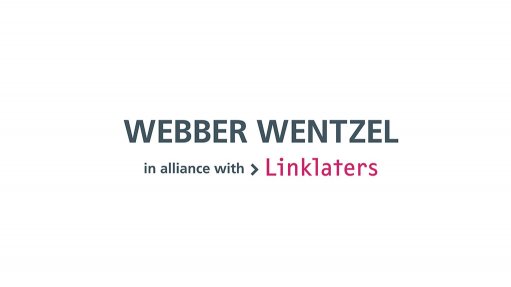
As more and more South Africans adjust to the new normal of working from home, we examine below whether there are any tax deductions available from doing that.
There are very limited circumstances when salaried employees are able to claim deductions for expenses incurred in providing services to an employer. Travel expenses from home to the employer's office are not claimable as deductions. Expenses incurred in maintaining a home office are also not claimable except in specific circumstances set out in the Income Tax Act.
An individual who runs a business from home as a sole-proprietor or independent consultant is usually not restricted in claiming home office expenses proportionate to the area used for business. Such individuals can claim rent, rates, interest on bond, cleaning, repairs and wear and tear allowances on business equipment.
However, an individual who earns remuneration from an employer can only claim these home office expenses if:
- their home office is equipped for and regularly and exclusively used by the individual to work for the employer for which they earn remuneration; and
- at least 50% of their remuneration is variable (such as commissions or bonuses) and at least 50% of working hours are spent away from the employer's office. If the individual has less than 50% of remuneration as variable payments, they can still claim home office expenses if they spend more than 50% of working hours working from home.
The lockdown has demonstrated to individuals and their employers that remote working arrangements can work successfully. It may well be more efficient for an individual to continue working for two or three days in their home office even after the lock down has eased.
With the easing of lockdown, employers are requiring their employees to return to work for a limited number of days in a week on a shift or teams basis to minimise potential Covid-19 exposure in the workplace.
This means that salaried employees could spend more than 50% of aggregate working hours in the 2021 year of assessment (12 months ending 28 February 2021) working in their home office. These employees would be happier with less time braving peak hour traffic, more time with their families, an earlier productive start in the day, and as a bonus - be able to claim home office expenses as deductions.
If these employees intend claiming home office expenses in their ITR12 tax return for the 2021 year of assessment, they should retain invoices and statements of these expenses, and prepare a running spreadsheet of the number of days worked at home for the tax year. Any communication from the employer to work from home during lockdown, or shift days after easing of lockdown would also be useful to justify the number of days worked in this spreadsheet. Repairs to the home office specifically will be allowed in full. Repairs to the building in general, however, must not be included in total costs.
These documents will need to be retained for five years and submitted to SARS should the ITR12 return be selected for verification. An apportionment calculation of square meter of home office area relative to the total residence, with the same ratio applied to expenses such as rates and interest will also need to be submitted.
The flip side of claiming home office expenses as deductions is that on selling their homes, these employees would need to exclude any capital gains from the home office portion of the house from the primary residence capital gains exclusion. This exclusion provides for capital gains of up to R2 million on the disposal of a taxpayer's primary residence or all capital gains if the selling price is less than R2 million, to be disregarded.
In the short term, it may be easier for employees who have to work from home during the lockdown to claim home office expenses from their employer on a reimbursive basis with supporting invoices. Costs which can be claimed include fibre connectivity, cell phone, stationery, and computer equipment, if these have been incurred mainly in the employer's business. These amounts would not be part of remuneration and no PAYE would be withheld from the reimbursed payments. However, this method requires more involvement from the employer due to the need to check and approve the expenses.
If the employee is acquiring any asset on behalf of the employer for use in the employee's home mainly for the employer's business, the employer can claim input VAT on the reimbursements. It is preferable for invoices to be in the employer's name if possible. However, if the employee is acquiring the asset as principal, then the employer would not be able to claim VAT on the reimbursed amounts.
For further information on claiming home office expenses, please refer to the SARS Comprehensive Guide to the income tax return for individuals, Interpretation note 28 (issue 2), or consult your tax advisers.
Written by Joon Chong, Webber Wentzel